Meet Mark Thompson: The Big-Brained Brit With A Unique Set Of Skills To Save CNN
- Oops!Something went wrong.Please try again later.
- Oops!Something went wrong.Please try again later.
- Oops!Something went wrong.Please try again later.
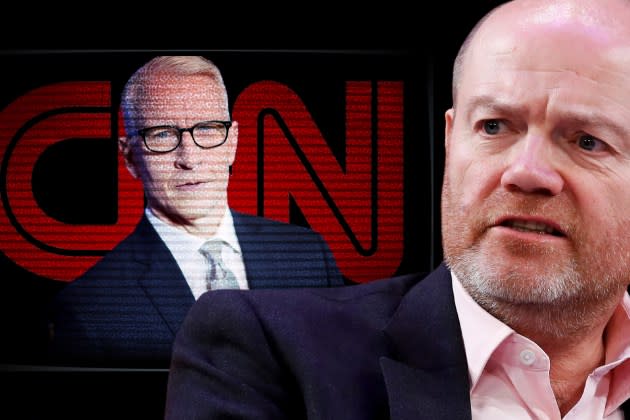
It is possible that in his search for CNN’s next boss, Warner Bros. Discovery CEO David Zaslav simply checked back through the news network’s archives.
In the otherworldly days of 2020, when Richard Quest was broadcasting in front of a bookcase, the gravel-voiced anchor conducted an exit interview with former New York Times CEO Mark Thompson.
More from Deadline
“What is next? People of your age, with your experience … you do not go off to grow petunias and go fishing,” Quest twinkled. Sat in a wood-paneled kitchen in Maine, Thompson chuckled. “I’ll be doing a bit of cooking later,” demurred the 66-year-old Brit, renowned for his culinary skills among friends.
But there was more on his mind than the next meal. “I like big challenges, that should be fairly apparent. That might come in the shape of another big executive job,” he told Quest. “I’m interested in the puzzle of how you help organizations confront the present and the future.”
When Zaslav picked up the phone three years later, Thompson made good on his word. Just weeks after being bestowed with a knighthood by King Charles III, the former BBC director general was crowned CNN chairman and CEO. CNN is, as Thompson once put it, a “big bone to chew on.”
A “Herculean” Task
Known as “Thommo” to his peers, he will pick up the reins at CNN next month, with multiple insiders understood to be cautiously optimistic about his arrival after a “lost year” under Chris Licht. “The only surprise is this didn’t happen 12 months ago,” says a senior CNN journalist.
To many, the hire looks like a no-brainer. Thompson was the man who pioneered on-demand viewing at the BBC, launching iPlayer long before Netflix made streaming a thing (a history lesson Zaslav was quick to observe in his welcome email). At the New York Times, he transformed a decaying analog business into a digital thoroughbred that now boasts nearly 10M subscribers.
“In football they say, ‘Show us your trophies.’ Mark has a chest full,” remarks Jane Root, the founder of Nutopia who worked with Thompson for years at the BBC.
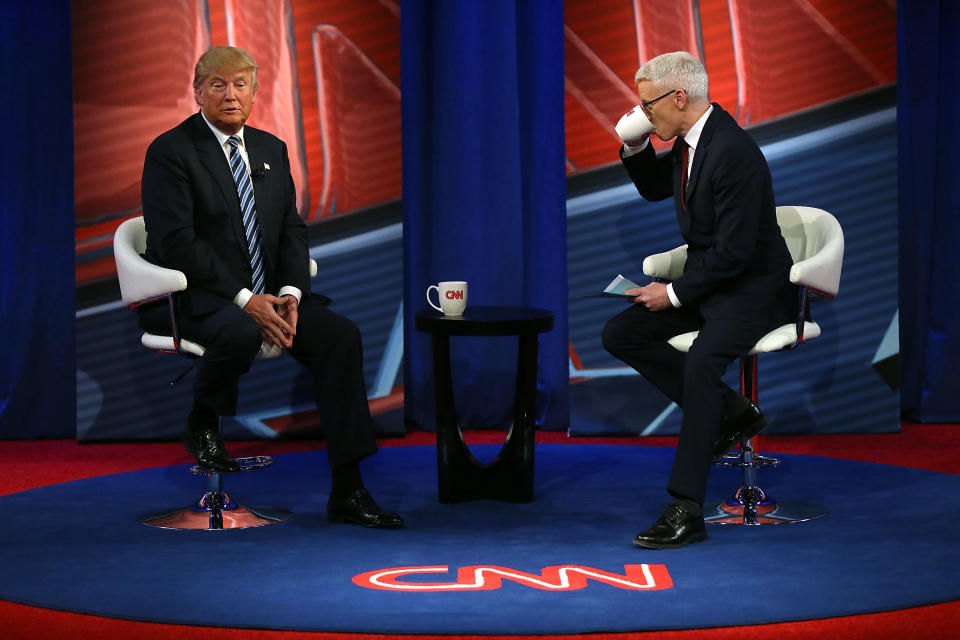
Thompson’s challenge at CNN will have echoes of his old jobs. In essence, it is a depreciating legacy media brand with a messy digital strategy. But CNN will also come with its own unique conundrums and one insider thinks Thompson will be “aghast” at his task.
He will inherit a byzantine monolith, staffed by 4,000 journalists in newsrooms sprawled across the world. The main network is unsure of its editorial footing and staring down the barrel of another election in which Donald Trump will loom large. CNN+ was ruthlessly trashed without an obvious alternative. The company’s website is one of the biggest in the world, but insiders are anxious that its revenue is not as bountiful as its traffic.
“It’s a Herculean task,” says someone familiar with Thompson and CNN. “He’s a big figure, both literally and figuratively, and once he gets his big brain around the big task, he will set about it with enthusiasm. All he has to do is bring the staff with him [on the journey].”
Pat Younge, who ran the BBC’s production studio for Thompson, adds: “Without sounding all Liam Neeson in Taken, very few people have Mark’s unique set of skills.”
Thompson’s First Love
Educated in the hallowed halls of Stonyhurst College and Oxford University, Thompson’s first foot on the media ladder was as a production trainee at the BBC in 1979. Less than a decade later, at the relatively tender age of 30, he was editing the BBC’s prestigious Nine O’Clock News in the final throes of Margaret Thatcher’s premiership. These formative years have echoes of his successor Jeff Zucker, a Harvard-educated heavyweight who was producing Today by the time he was 30.
Thompson’s leadership potential was recognized to such an extent that a Nine O’Clock News colleague recalls going home and telling his wife: “I’ve just met the future director general of the BBC.” The prediction came to pass, but those who know Thompson believe that journalism remains his first love.
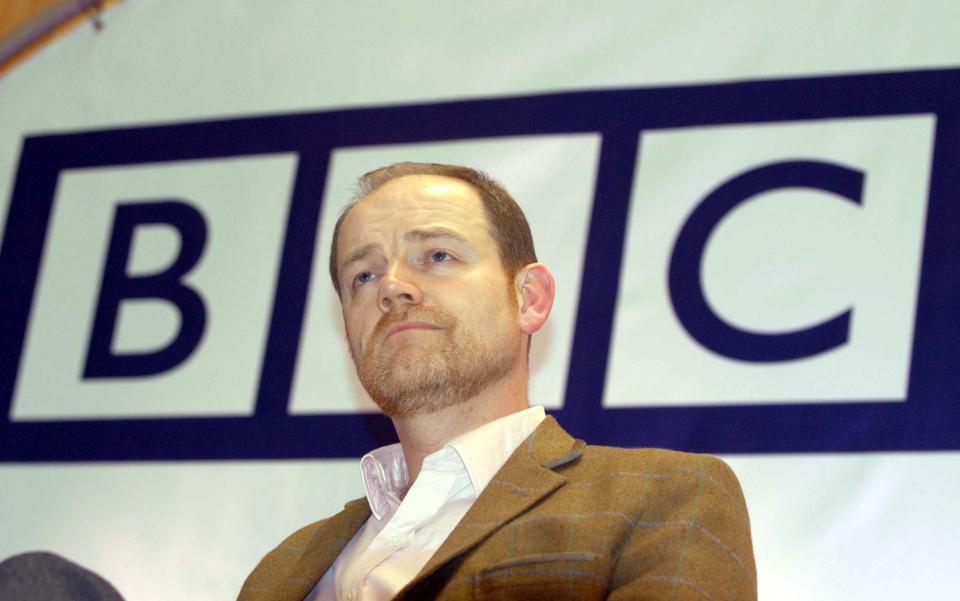
“He talks newsroom,” says a long-time ally. “He always used to say how you’re not a proper journalist until you’ve heard gunfire when you’re reporting.” Others remember how, as director general, he visited Gaza to negotiate the release of BBC reporter Alan Johnston after he was kidnapped by Palestinian militants in 2007.
In his introductory email to CNN staff this week, Thompson extolled his journalism credentials — “I’ve bumped into CNN teams on story after story from Washington D.C. to Tiananmen Square” — and praised the network’s foreign affairs coverage of the failed Wagner rebellion in Russia. It did not go unnoticed in the CNN newsroom.
Thompson’s intellect and management skills meant he ultimately swapped the frontline for the bottom line. He left the BBC in 2002 to become the chief executive of UK commercial broadcaster Channel 4 and then returned two years later as director general.
Roger Mosey, the BBC’s former editorial director, says: “I’ve known him since we were both in our 20s and there was always something presidential about him. He was always tipped for the top. That is partly because he’s clever and wise but also, at his best, inspirational and someone you want to be led by.”
Mark Damazer, another ex-colleague, says Thompson’s ability to “crunch problems” was unmatched. “He has an intellectual toughness and analytical rigor that enables him to unpack a problem and reconstitute it into something that looks like a workable solution,” says the former Radio 4 controller, recalling how he could confound and beguile colleagues by reworking weeks of toil with the flick of a whiteboard pen.
Like many successful leaders, he is capable of being ruthless. This has tipped into questionable conduct in the past, with stories of him physically intimidating colleagues and dressing down direct reports during management meetings. In a famous 1988 incident, which has resurfaced on Twitter since his CNN appointment, Thompson bit BBC journalist Anthony Massey on the arm without provocation. Thompson has never denied sinking his teeth into a colleague, but claims it was “horseplay.”
His biggest scandal involved a clash with Buckingham Palace over BBC footage of Queen Elizabeth II, which was misleadingly edited to look like she had stormed out of a photo shoot with Annie Leibovitz. Thompson later reflected that the 2007 “Crowngate” affair led to his lowest moment as director general when he was “forced to listen to a lecture on media ethics from Piers Morgan” during an industry event.
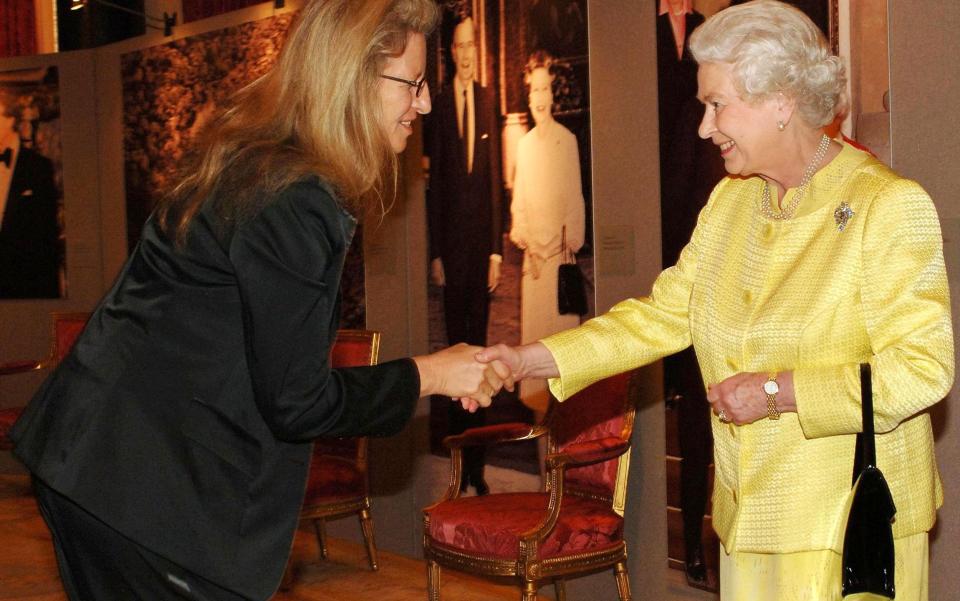
Ultimately, history has been reasonably kind to his tenure as BBC editor-in-chief. He was lucky to dodge the Jimmy Savile crisis of 2012, which toppled his successor George Entwistle after just 54 days. Thompson will be remembered for the BBC’s lauded coverage of the London Olympics and it was the launch of the iPlayer that propelled him into the embrace of the New York Times.
He was a wildcard candidate to lead the Gray Lady, but it was his digital record at the BBC that helped convince the Sulzbergers to take a gamble. Thompson believes his outsider status gave him the space to make changes that would have been harder for an American executive. “The alien DNA is often instantly rejected by the body, but in this case, the alien DNA helped,” he told BBC Radio 4 in 2020.
These days, he’s more than just an Englishman in New York. His wife, writer Jane Blumberg, is an American and their children have put down roots in the U.S. He’s a personable character, who has won admirers among U.S. media journalists for his accessibility and love of good wine. “He’s quite clubbable,” says one acquaintance.
Managing Micromanagers
Thompson’s friends say his ability to manage up stood him in good stead with the Sulzbergers and will do the same with Zaslav. Thompson and the Warner Bros. Discover boss will have encountered each other in the past — and not always seen eye-to-eye. Two sources say the BBC’s $500M joint-venture deal with Discovery unraveled on their watch, causing “quite a bit of heartache” on both sides.
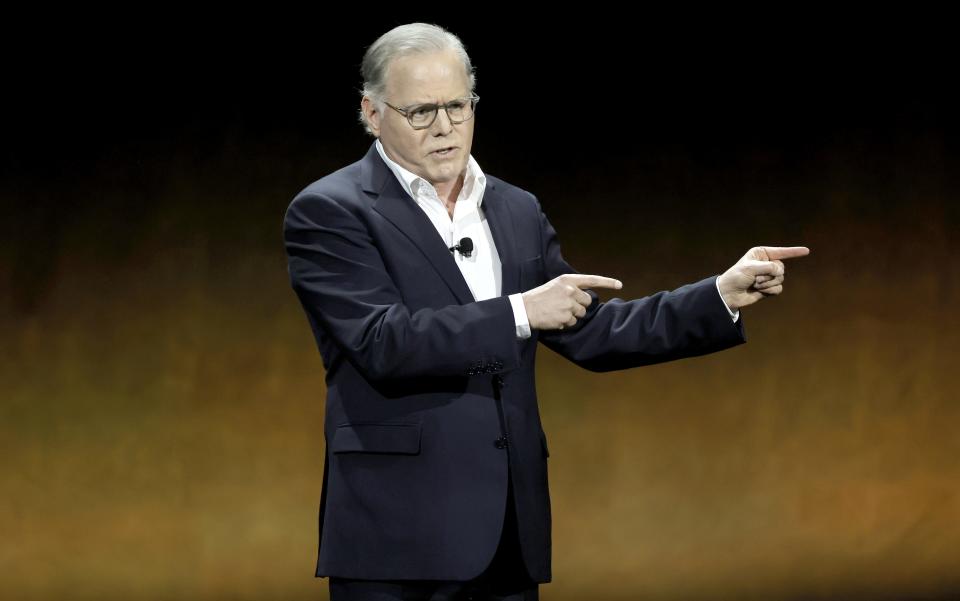
“Mark will know what he’s dealing with [in Zaslav],” says a former Discovery executive. “He would have negotiated himself a certain amount of freedom to roam. Zaslav is not a news guy and Mark is, which gives him an edge. It’s an interesting marriage.” A CNN insider puts it rather more bluntly: “Do you think that Mark Thompson will be taking 5AM calls from David Zaslav? It will be straight to voicemail.”
Someone who was in contact with Thompson as he weighed up the CNN job says he was thinking deeply about the “philosophical editorial” issues facing the news network. “He believes it’s a manageable problem in the way that he would,” the friend says. “He will have established the coordinates of what success might look like.”
Thompson has said that it is not a challenge he will tackle alone. “In the early weeks, you’ll find me doing a lot more listening and learning than holding forth,” he told staff this week. “It won’t be my plan that wins the day but our plan.” Sources say that this could go some way to settling the nerves of CNN talent, some of whom still have PTSD over the events of recent months.
Saving CNN could be Thompson’s biggest task to date, but there is a clear consensus among those who know him: if anyone can do it, Thommo can.
Ted Johnson contributed to reporting.
Best of Deadline
Sign up for Deadline's Newsletter. For the latest news, follow us on Facebook, Twitter, and Instagram.

